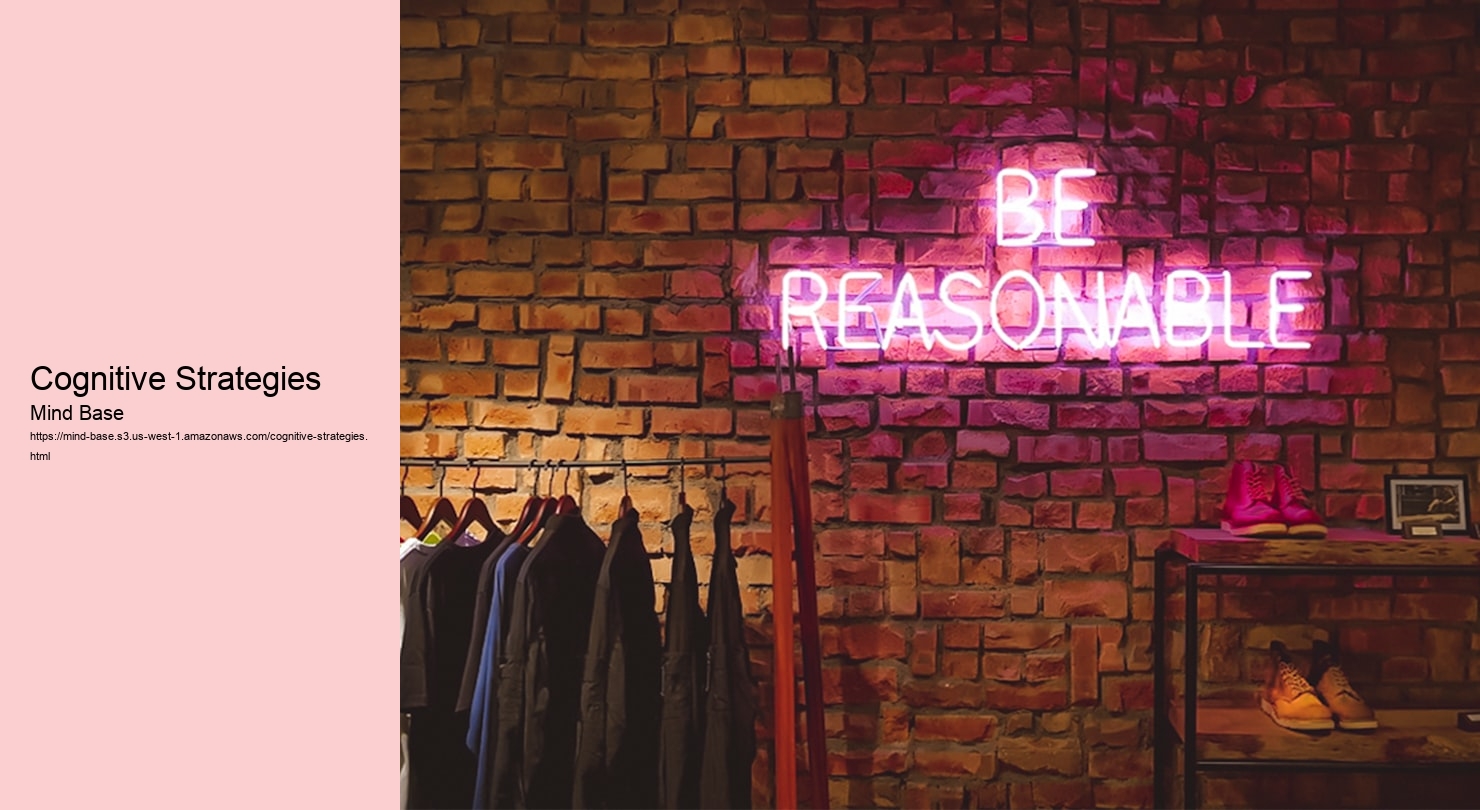
In Calgary's diverse landscape, effective therapy begins with a deep understanding of each individual's unique context. Therapists focus on personal histories, cultural backgrounds, and specific mental health challenges to tailor their approaches. This personalized strategy ensures that clients receive care that resonates with their own life experiences, paving the way for meaningful progress.
Cognitive Behavioral Therapy (CBT) is a cornerstone in psychological strategies employed by Calgary therapists. By helping clients identify and challenge distorted thinking patterns, CBT aims to reshape negative behaviors and emotions. This method empowers individuals to take control of their mental processes, fostering healthier responses to life's stressors and enhancing overall well-being.
| Entity | Description | Source |
|---|---|---|
| Self-Harm Behaviors | Intentional injury to oneself as a coping mechanism. | source |
| Sleep Disorders | Conditions disrupting normal sleep patterns. | source |
| Psychosocial Stressors | Social and environmental factors contributing to stress. | source |
| Perinatal Mental Health | Mental health issues during pregnancy and postpartum. | source |
| Postpartum Depression | Depression occurring after childbirth. | source |
| Mindfulness Meditation | A practice of focused awareness to reduce stress and enhance well-being. | source |
| Breathing Exercises | Techniques to regulate breathing for relaxation and stress relief. | source |
| Progressive Muscle Relaxation | A method of tensing and relaxing muscles to reduce tension. | source |
| Grounding Techniques | Strategies to reconnect with the present moment during distress. | source |
| Cognitive Restructuring | A CBT technique to reframe negative thoughts into balanced ones. | source |
Mindfulness practices are increasingly integrated into therapeutic settings across Calgary. These approaches emphasize present-moment awareness and acceptance without judgment. By cultivating mindfulness, clients learn to manage anxiety and stress more effectively, leading to improved emotional regulation and greater resilience in facing daily challenges.
Therapists in Calgary often adopt an integrative approach, combining elements from various therapeutic modalities to suit individual needs. Acceptance and Commitment Therapy (ACT) This flexibility allows practitioners to draw from techniques such as dialectical behavior therapy (DBT), humanistic therapy, or psychoanalytic methods when appropriate. The goal is a holistic treatment plan that addresses multiple facets of mental health.

Recognizing the influence of familial relationships on mental health, many therapists incorporate Family Systems Theory into their practice. This perspective views individuals as part of larger relational systems and seeks to improve communication and dynamics within families. By addressing these interactions, therapists help clients achieve better harmony both at home and within themselves.
The effectiveness of psychological strategies used by therapists in Calgary relies heavily on adaptability and personalization. Through understanding individual contexts, employing evidence-based techniques like CBT or mindfulness practices, integrating diverse modalities, and considering family dynamics, therapists create comprehensive treatment plans that cater specifically to each client's needs for more successful therapeutic outcomes.
Calgary offers a diverse array of therapeutic options tailored to meet the unique needs of its residents. From traditional psychotherapy sessions that address mental health challenges to more specialized therapies like cognitive behavioral therapy (CBT) and dialectical behavior therapy (DBT), therapists in Calgary are equipped with a wealth of techniques designed to support individual healing journeys. This variety ensures that whether someone is grappling with anxiety, depression, or other psychological concerns, there is a suitable approach available. The city's mental health professionals strive to create an environment where clients feel safe exploring their innermost thoughts and emotions.


One of the hallmarks of effective therapy in Calgary is the emphasis on personalized treatment plans. Therapists recognize that each client comes with their own set of experiences, challenges, and goals. By taking into account these unique factors, they can craft tailored strategies that resonate deeply with the individual. Whether it's through one-on-one sessions or group therapy settings, this customization empowers clients to take an active role in their healing process. The collaborative nature of these relationships often leads to more meaningful progress and sustained outcomes.
Therapists in Calgary are committed to providing compassionate support as clients navigate their mental health challenges. A key aspect of this support is creating a non-judgmental space where individuals can express themselves freely without fear of stigma or misunderstanding.
In effect, this means that those seeking therapeutic insights in Calgary have access to a robust network of dedicated professionals ready to aid them on their path towards well-being. With personalized care plans and empathetic guidance at every stage, individuals can feel confident in their journey towards improved mental health and personal growth within this supportive community.

Mind and emotions are intricately connected, each influencing the other in profound ways. Our thoughts can shape our emotional responses, just as our emotions can guide or distort our thinking patterns. For individuals seeking therapy in Calgary, understanding this connection is essential for effective treatment. Therapists often focus on how cognitive processes impact emotional well-being and vice versa. The therapeutic journey involves exploring these dynamics to foster healthier mental states.

Psychological health and wellness includes psychological, emotional, and social health, affecting cognition, assumption, and actions. According to the Globe Health And Wellness Company (THAT), it is a "state of health in which the individual understands his or her abilities, can handle the regular anxieties of life, can work proficiently and successfully, and can contribute to his/her area". It furthermore figures out just how an individual handles stress, interpersonal connections, and decision-making. Psychological wellness consists of subjective well-being, regarded self-efficacy, freedom, skills, intergenerational dependancy, and self-actualization of one's intellectual and psychological potential, to name a few. From the point of views of favorable psychology or holism, psychological health and wellness might consist of a person's capability to enjoy life and to develop an equilibrium between life tasks and initiatives to accomplish psychological strength. Cultural differences, individual viewpoint, subjective analyses, and completing specialist theories all impact exactly how one defines "psychological wellness". Some early signs connected to mental wellness troubles are sleep irritation, lack of power, absence of hunger, thinking about hurting oneself or others, self-isolating (though introversion and isolation aren't necessarily harmful), and regularly zoning out.
.Psychotherapy (also emotional therapy, talk therapy, or talking treatment) is using mental methods, specifically when based upon normal personal interaction, to aid a person modification behavior, boost joy, and conquer problems. Psychotherapy aims to boost a person's well-being and mental health and wellness, to fix or alleviate troublesome actions, beliefs, obsessions, thoughts, or emotions, and to boost connections and social abilities. Numerous kinds of psychiatric therapy have been created either for individual adults, family members, or children and teenagers. Some sorts of psychotherapy are thought about evidence-based for dealing with identified mental illness; various other types have been slammed as pseudoscience. There are thousands of psychotherapy techniques, some being small variants; others are based upon really various perceptions of psychology. A lot of methods involve one-to-one sessions, in between the customer and specialist, yet some are conducted with groups, including pairs and families. Therapists may be psychological health and wellness specialists such as psychoanalysts, psycho therapists, psychological health and wellness nurses, scientific social employees, marital relationship and household therapists, or professional counselors. Therapists might additionally come from a selection of various other backgrounds, and depending upon the jurisdiction may be lawfully regulated, voluntarily managed or uncontrolled (and the term itself may be protected or not).
.Trauma-informed therapy in Calgary uses sensitive approaches like EMDR to heal past wounds safely. Therapists prioritize trust and empowerment for effective trauma recovery.
Mindfulness-based cognitive therapy in Calgary combines CBT with meditation to reduce stress and anxiety. Local therapists teach awareness techniques for lasting mental health benefits.
Counseling for ADHD in adults in Calgary helps manage focus and impulsivity with practical strategies. Therapists provide tools to improve work and personal life effectively.